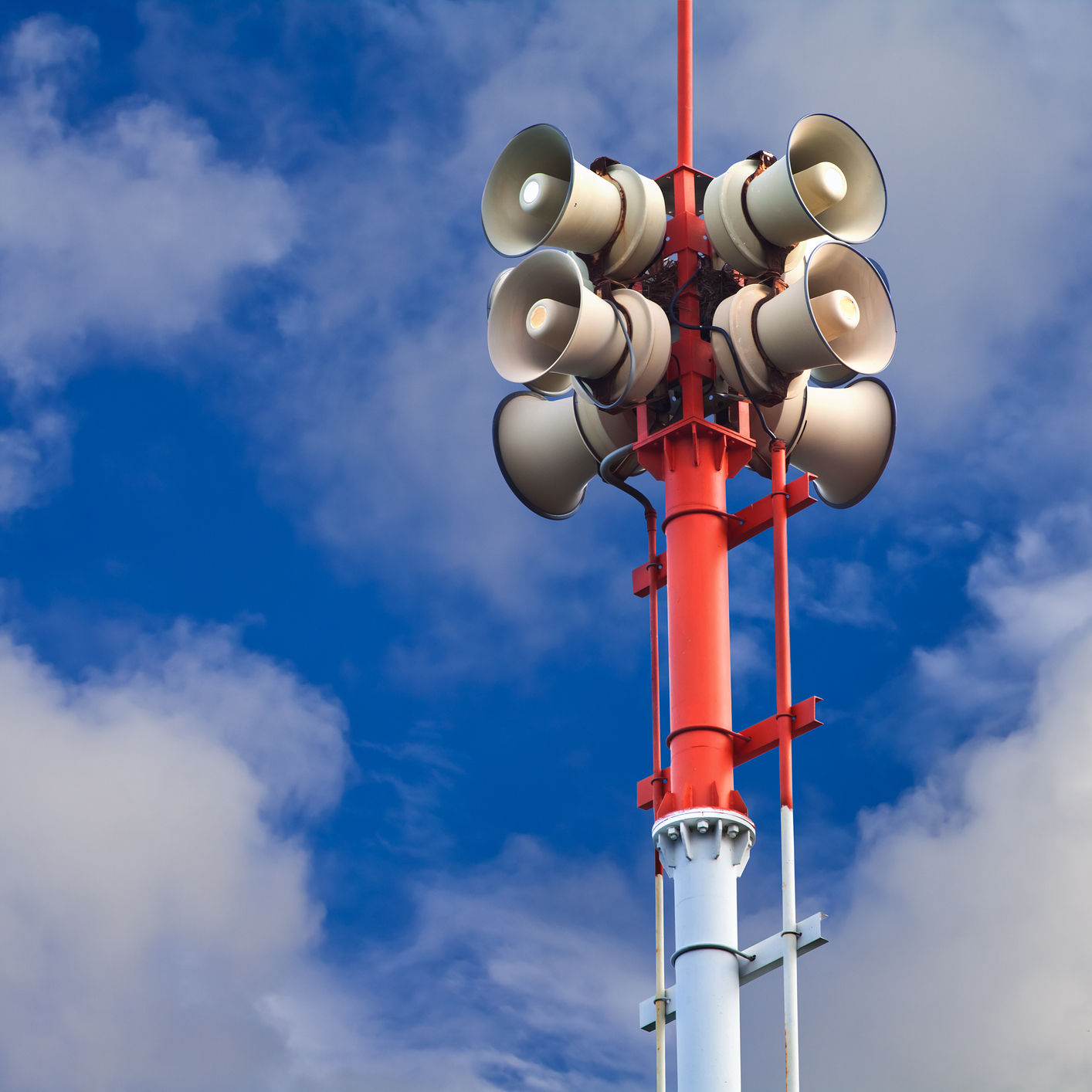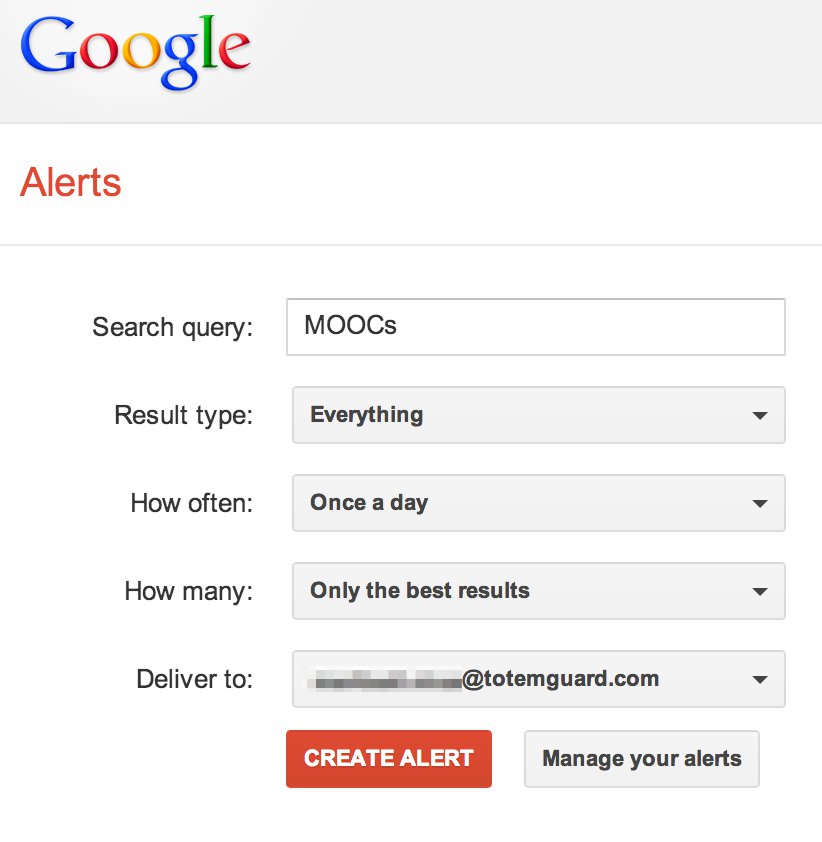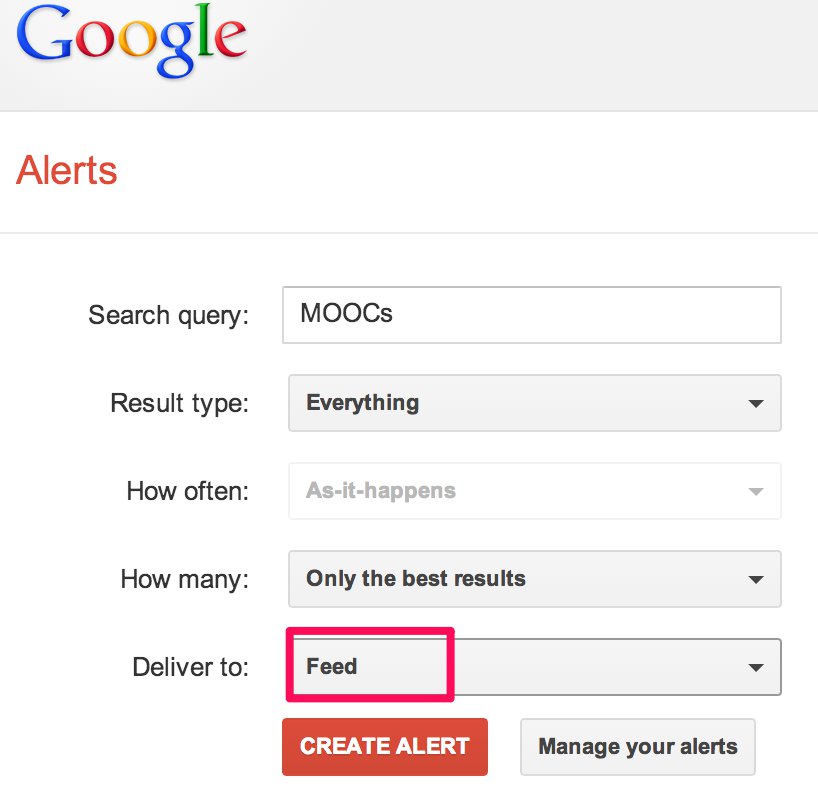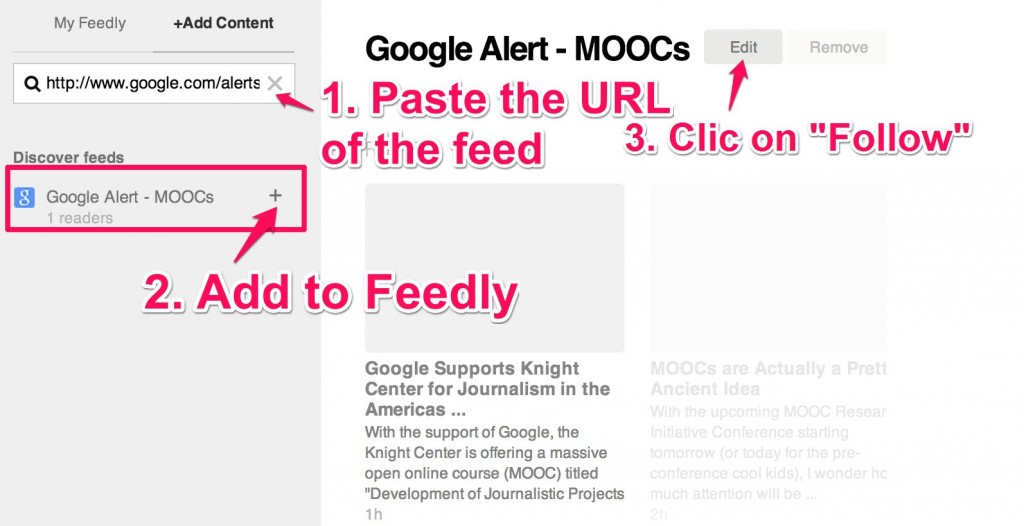One smart way to find information in Google is by taking advantage of Google Alerts. Google Alerts are email messages that you receive when Google finds new results, which can be from web pages, videos, or articles from newspapers, magazines, or blogs that coincide with a search term that you have previously selected.
Often you wish to be informed about a news event, a cultural event, an educational methodology or you wish to learn about a specific technology. Instead of following a particular news outlet or a specific blog, another option is to receive whatever information or news about a subject as it gets published on the Internet through various sources.
Google Alerts are a very helpful way to stay up to date, to find educational resources and to compile different points of view, without having to make daily Internet searches.
Some practical applications for Google Alerts for educators include:
-
To follow the development of interesting news or of historical events, such as an earthquake, a scientific study, a campaign for a worthy cause or the election of a Pope, and to use this information as inspiration for a new classroom project.
-
To keep up to date on the publication of new resources for a specific class subject, or for specific class lessons (for example Romanesque Art)
-
To get the latest news about an upcoming cultural or musical event that you would like to attend with your students (for example, a painting exhibition at the Museo del Prado in Madrid)
-
To get the latest news about a current literary figure, an expert in a given topic, or a scientific project (for example, mission to Mars)
-
To gather information and opinions about an educational product or web application that we are thinking about adopting in the classroom (for example, Evernote)
-
To learn about new trends in educational methodology through the latest news (for example, gamification, flipped classroom, MOOC)
-
To follow the best practices for using a web tool that we have recently incorporated into our PLE (for example SymbalooEDU)
-
To stay informed of opinions and news about you or your school as they are published in the press, or in blogs and websites.
To configure a Google Alert, visit Google Alerts and introduce a subject you are interested in following, indicating the frequency of the alerts and the email address where you would like to receive the new search results. Google Alerts will periodically check to see if there are any new results that coincide with your search.
Another practical option that Google offers within this service is to receive alerts configured directly within an RSS reader (such as Feedly) instead of by email.
To configure this functionality follow these simple steps:
1. Choose the option Feed that appears in the dropdown menu within the field “Deliver to” and click on “Create Alert”.
2. The option Feed now appears activated and clicking on the orange icon, you can get the URL of the Feed for this alert
3. Copy this URL of the Feed into the search bar of your web browser in this manner: http://www.google.com/alerts/feeds/xxxxxxxxx
4. If you use Feedly as your RSS reader, open the application and in “+Add Content”, paste the URL of the alert’s feed and click on the “+”. Then click on “Follow”, just like you would to add a blog to your feed and you’ll have this alert integrate in this application.
Finally, keep in mind the frequency with which you receive results depends on the configuration that you have selected in the field “How Many”.
Also, if you are making general searches, such as [economy], you’ll get a huge quantity of alerts every day with a summary of the new results. Whereas if you make more specific searches, such as [Theory of Multiple Intelligences], you likely will not receive new feeds every day, rather only when relevant information is published.
[reminder preface=”Question:”] What do you search for in Google Alerts, and for what purposes?[/reminder]








